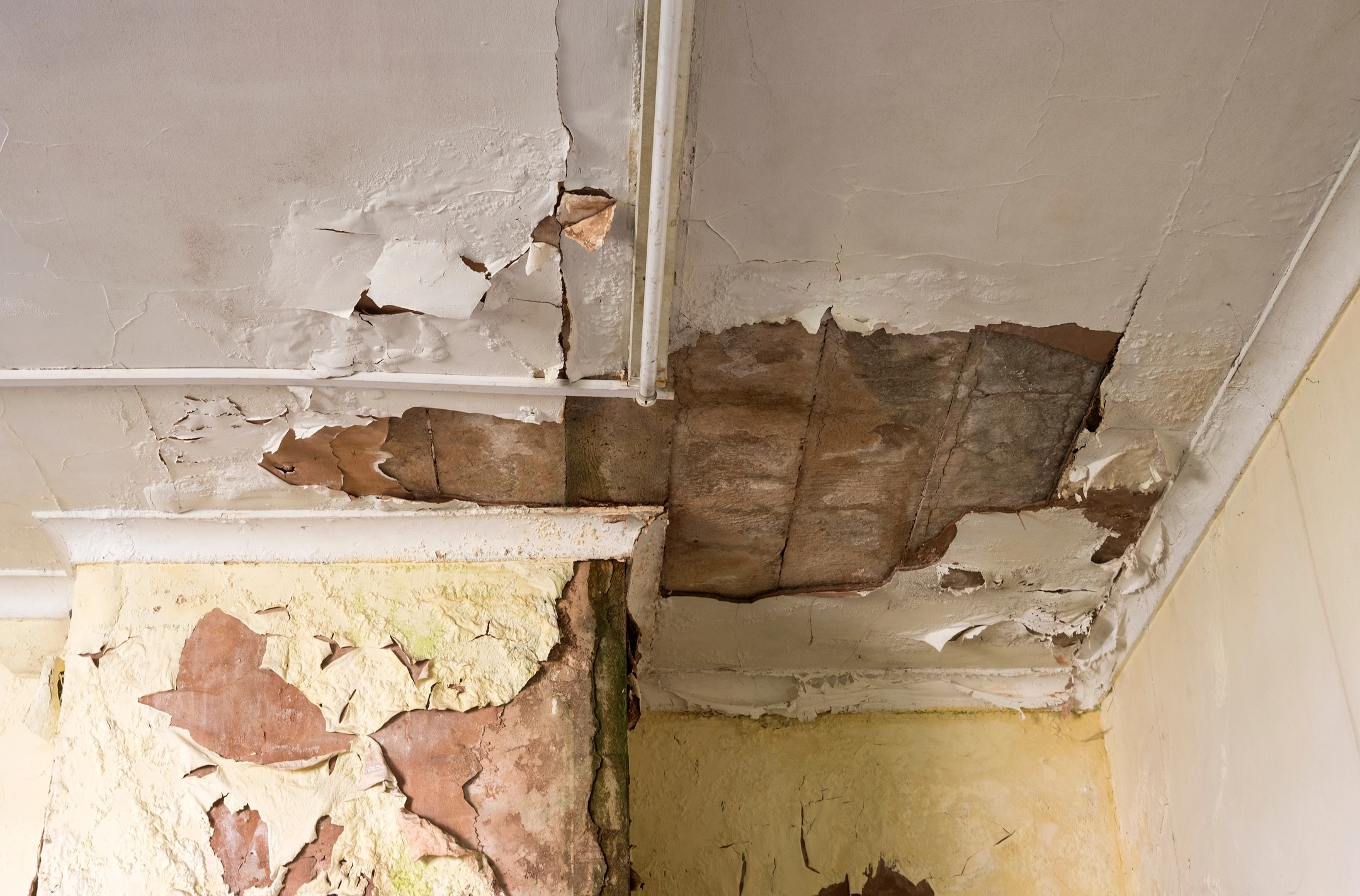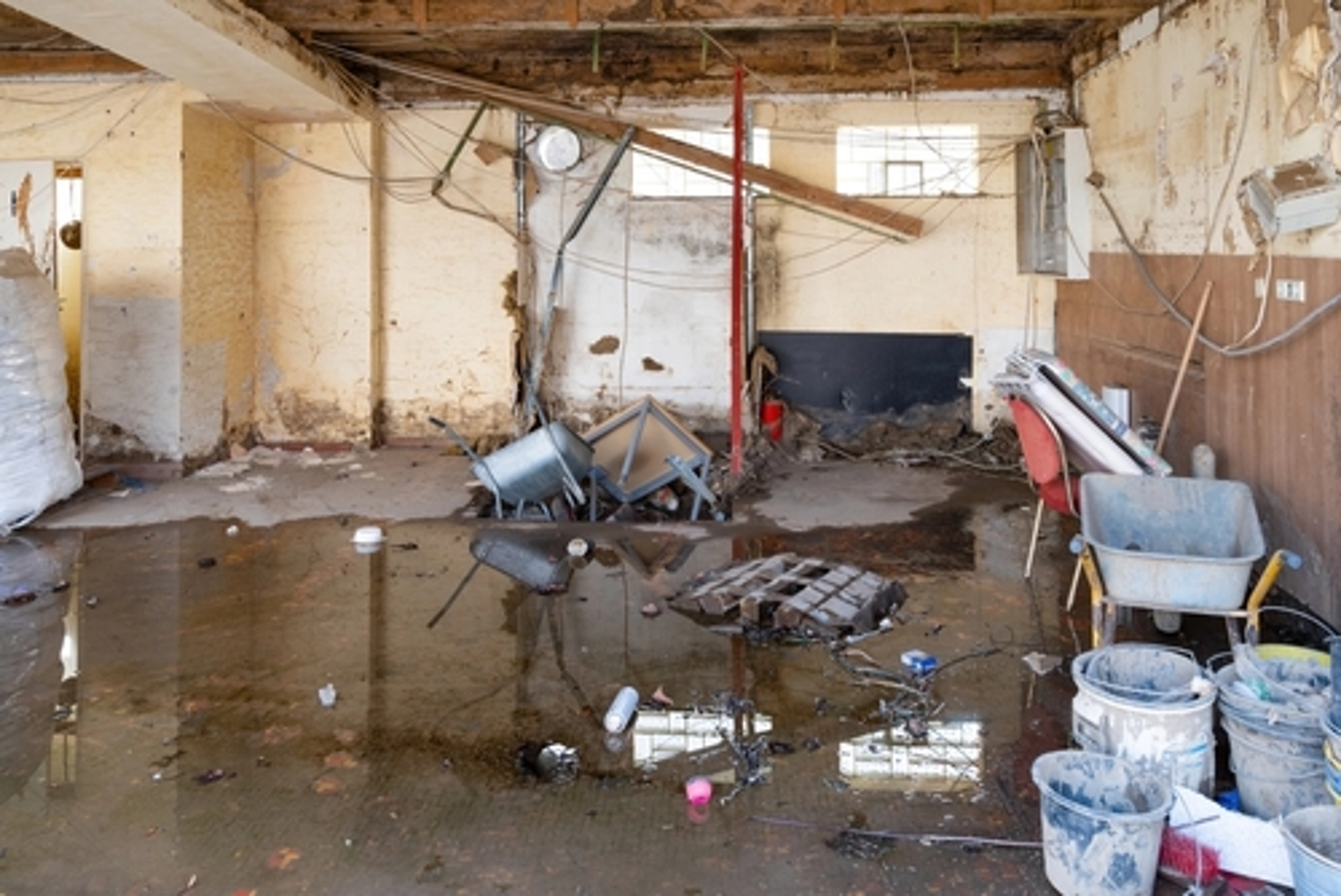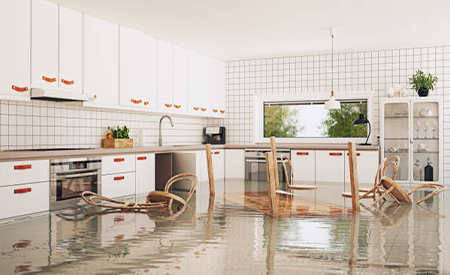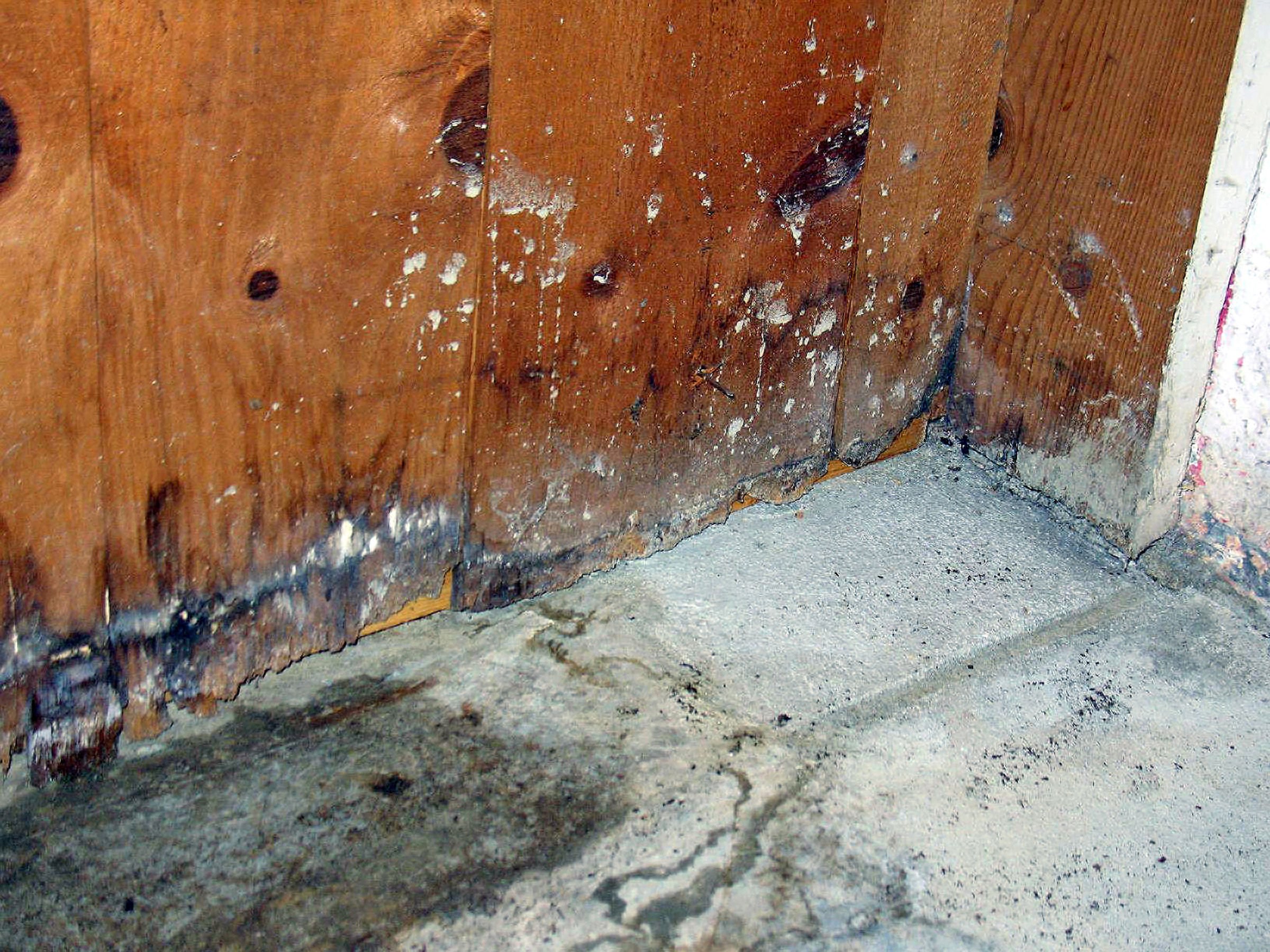24/7 Emergency Water Damage Restoration Services for Urgent Needs
24/7 Emergency Water Damage Restoration Services for Urgent Needs
Blog Article
The Process of Water Damage Cleanup: Guaranteeing Your Home Is Restored Properly
Water damage can be an overwhelming obstacle for home owners, demanding a thorough and organized cleanup procedure to restore safety and functionality. A comprehensive evaluation is essential to recognize the extent of the damages and figure out the suitable remediation steps. Following this, effective water removal strategies play a pivotal function in mitigating further damage. Nevertheless, the subtleties of drying, sterilizing, and ultimate restoration are equally crucial and frequently neglected. Understanding these stages can make a substantial distinction in the result of your home's reconstruction, motivating a closer consider what each step entails.
Examining the Damage
Upon discovering water damage, the very first step is to completely assess the degree of the effect. This first examination is important, as it helps establish the necessary steps for reliable cleaning and reconstruction. Begin by checking the impacted areas, including walls, ceilings, floors, and individual belongings, to identify the resource of the water breach, whether from flooding, leaks, or condensation.
Recording the damages is essential for both insurance coverage claims and planning reconstruction initiatives - damage restoration services. Use pictures and created notes to record the intensity of the damages, keeping in mind any kind of afflicted structural components and products. Pay special interest to areas that might not be promptly noticeable, such as behind wall surfaces and under rugs, as hidden dampness can lead to more issues, including mold development
In addition, assess the timeline of the water exposure. Ultimately, an extensive assessment lays the foundation for a successful water damages clean-up procedure, ensuring that all affected areas are attended to efficiently and completely.
Water Removal Strategies

Experts generally employ completely submersible pumps for larger quantities of water, which can rapidly ease flooding in basements or various other influenced locations. For smaller quantities, wet/dry vacuums are frequently made use of to extract recurring wetness from rugs and difficult surface areas. Additionally, making use of portable extractors permits targeted elimination in constrained rooms or areas with fragile materials.
In circumstances of polluted water, such as sewer or floodwater, progressed removal methods may entail making use of biohazard devices to make sure safety and security and compliance with health laws. High-powered removal devices are important in decreasing water retention in architectural materials, which can result in mold growth and architectural deterioration if not attended to quickly.
Ultimately, the performance of water removal methods plays a pivotal duty in the total success of the water damages cleanup process, laying the groundwork for subsequent reconstruction efforts.
Drying and Dehumidification
When standing water has been properly drawn out, the next vital phase in the water damage cleanup procedure is drying and dehumidification. This step is important to protect against more damage and mold and mildew growth, which can take place within 24 to two days in damp environments.
To attain efficient drying, specialized equipment such as industrial-grade air moving companies and dehumidifiers is employed. Air movers circulate air across damp surfaces, enhancing evaporation prices, while dehumidifiers lower moisture levels in the air, advertising a conducive environment for drying out. The mix of these tools makes certain that dampness is extracted from floorings, wall surfaces, and furnishings, enabling them to completely dry thoroughly.
It is very important to monitor the drying procedure closely. Specialists usually use dampness meters to examine the wetness material in numerous products, guaranteeing that all affected locations reach appropriate dry skin levels. This careful method helps to avoid covert dampness pockets that might cause architectural damage or unhealthy mold growth.

Cleansing and Disinfecting
After the drying out and dehumidification phase is total, the next crucial action in water damage clean-up is cleaning and disinfecting the impacted areas. This procedure is important to stop the development of mold, germs, and various other microorganisms that prosper in moist environments.
The cleaning phase generally entails eliminating any particles, dust, Visit This Link and pollutants from surfaces making use of specialized cleansing representatives. For hard surfaces, a combination of soap and water or commercial cleaning products is typically utilized. Soft products, such as upholstery and carpets, may require much more extensive cleaning methods, consisting of vapor cleaning or deep extraction strategies, to ensure detailed cleanliness.

Sterilizing adheres to cleansing, utilizing EPA-approved anti-bacterials to eliminate unsafe bacteria. This action is necessary, specifically in areas that may have entered into call with floodwaters or sewage, as these resources can pose serious health risks.
Additionally, it is necessary to address any type of staying odors, which may need the use of smell neutralizers or sophisticated methods like ozone therapy. Correct cleaning and disinfecting not just recover the safety and security and health of your home but additionally prepared for successful reconstruction and repair services in succeeding phases of the water damage cleanup procedure.
Restoration and Repair Work

Once the assessment is complete, remediation initiatives can begin. Furthermore, floor covering might need comparable attention, depending on the level of water exposure.
It is critical to engage experienced reconstruction specialists during this process, as they possess the experience to handle complicated repairs successfully. In addition, they can assist mitigate possible future problems, such as mold and mildew growth or architectural instability, thus making certain a habitable and risk-free living setting. Ultimately, reliable restoration and repairs restore the home's integrity and enhance its overall value.
Conclusion
In verdict, the process of water damages cleanup is vital for recovering a home to its pre-damage problem. Each stage, from assessing the damages to implementing efficient water removal strategies, adhered to by extensive drying out, sanitizing, and essential Click This Link repairs, plays a vital function in guaranteeing safety and conformity with structure requirements. Efficient execution of these actions not just mitigates prompt damage but likewise boosts the lasting integrity and worth of the residential property.
Water damages can be an overwhelming challenge for home owners, necessitating a meticulous and structured cleaning process to bring back safety and security and capability. Eventually, an extensive analysis lays the groundwork for a successful water damages cleanup procedure, guaranteeing that all influenced areas are dealt with efficiently and extensively.
Effective water removal strategies are essential in reducing damages and preventing additional issues following a water intrusion occasion.In verdict, the process of water damages clean-up is essential for restoring a home to its pre-damage problem. Each phase, from evaluating the damage to applying reliable water removal methods, adhered to by extensive drying, sterilizing, and needed repairs, plays a vital function in guaranteeing safety and compliance with building criteria.
Report this page